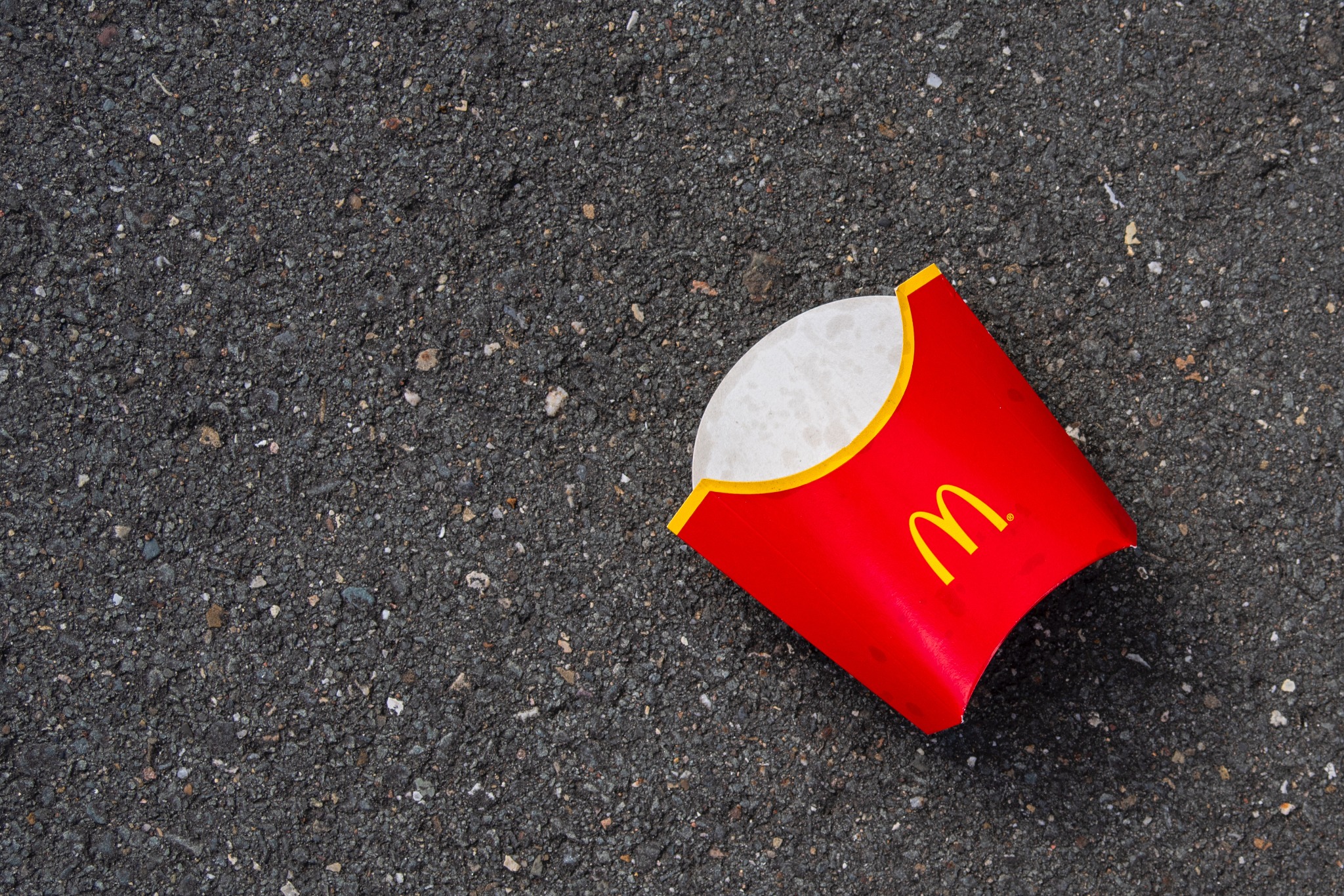Defrosting the Mystery of McDonald's Ice Cream Machines: The DMCA's Chilling Effect on Innovation

Ever heard of the Digital Millennium Copyright Act (DMCA)? Well, if you've ever had a McDonald's ice cream cone, this post is for you. 🍦
In a nutshell, the Digital Millennium Copyright Act (DMCA) isn't just another tech word; it's the reason your neighborhood ice cream machine may stay on the fritz. The proprietary software running those machines is under DMCA's copyright restrictions, making it a challenge for even skilled folks to fix them. And that's just the tip of the iceberg...
Even without the DMCA repair restrictions, fixing these machines requires special tools. For instance, when issues arise with McDonald's ice cream machines, an error code is generated to indicate the nature of the problem. Unfortunately, these error codes are widely considered hard-to-read or cryptic. Adding a second scoop to the problem, the DMCA also restricts the distribution of tools that can translate those error codes more easily. And believe it or not, there's more.
McDonald's ice cream machines are infamous for malfunctions, often requiring pricey technicians with exclusive access to the machine's software. Repair bills can skyrocket to over $300 for just 15 minutes. 👀 This is where the work of Public Knowledge and iFixit come in.
Public Knowledge and iFixit, the global repair community, teamed up and filed an "exemption petition" urging the U.S. Copyright Office to allow people to repair not just consumer devices but also commercial equipment, from ice cream machines to farming equipment, video gaming consoles, and beyond.
This marks a groundbreaking move by both Public Knowledge and iFixit—an action emblematic of Public Knowledge's trailblazing reputation. Public Knowledge's mission promotes freedom of expression, an open internet, and access to affordable communications tools and creative works. By challenging restrictive norms, they pave the way for a digital landscape where innovation thrives and accessibility reaches everyone.
Additionally, iFixit has released a YouTube video providing a step-by-step breakdown of a Taylor-C709 soft-serve ice cream machine. It functions the same as the ice cream machines you'll find in a local McDonald's. The presentation uses the DMCA as context throughout every step.
In an article featured on Ars Technica, Senior Technology Reporter, Kevin Purdy highlights a statement by Kathleen Burke, Policy Counsel at Public Knowledge: “The fact that this principle is not already embedded permanently into law demonstrates that our copyright system is as McBroken as the average McDonald’s ice cream machine.” The underlined 'McBroken' text takes you to a website where you can check in real-time whether the McFlurry machine at your nearby McDonald's is operational or out of order.
Purdy continues, stating, "The Copyright Office considers exemptions to the Digital Millennium Copyright Act once every three years." For those seeking to navigate the ever-changing landscape of copyright law and technological accessibility, the Copyright Office has released its 'Ninth Triennial Section 1201 Proceeding 2024 Cycle'—an informative resource detailing the next steps surrounding these matters as we move into 2024.
Nick is a cross-disciplinary writer known for his expertise in explanatory journalism. His coverage spans various domains, including history, science and healthcare, legal, technology, comparative religious studies, and combating misinformation.
Post a comment